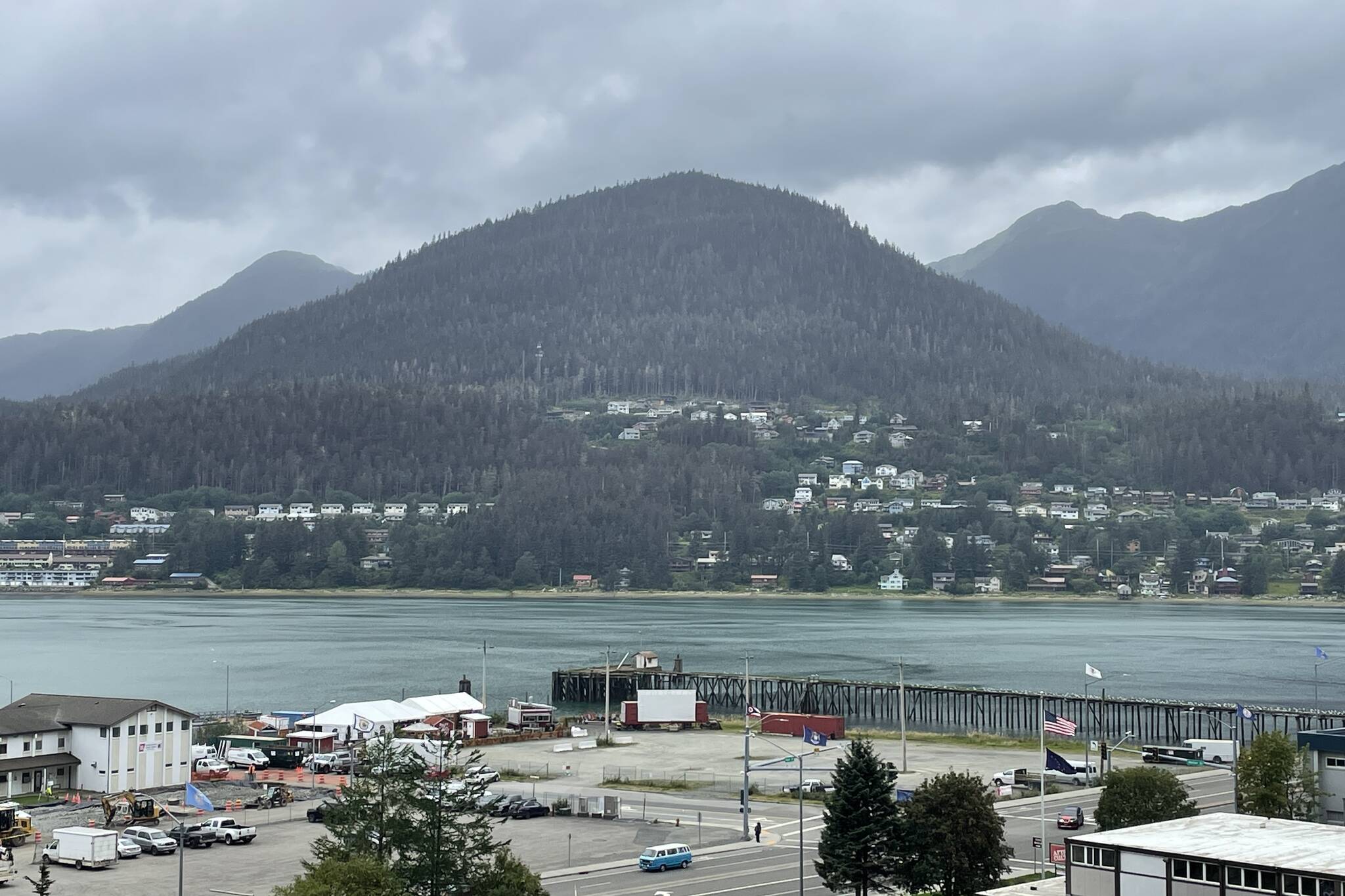At a Dec. 19 Committee of the Whole work session, City Manager Rorie Watt requested the CBJ Assembly approve an appropriation for $200,000 (subsequently raised to $300,000) for a study of the optimal location of a cruise ship dock at the subport. That request will be up for comment and approval at the next regular CBJ Assembly meeting on January 30.
The redundant study, according to the request, “will aid the city in taking the planning lead for any new dock plans and is in “the best interests of the port, Juneau and the cruise ship industry.”
In fact, it’s only in the best interests of a few naysayers.
While the request is couched in general terms to advance cruise ship dock planning on Juneau’s waterfront, it’s unquestionably targeting Huna Totem Corporation’s cruise ship dock proposal (Aak’w Landing) located at the downtown subport property.
The action raises serious questions of conflict about the city’s role in approving portions of that project. It doesn’t appear that anyone knows what the study will eventually cost or how detailed it will be. But it will likely delay development by giving city staff a vehicle to micro-manage every aspect of the private investment and perhaps eventually kill it.
It wouldn’t be the first time that has happened. In 2019, the Archipelago Project was hailed as a model public-private partnership. It would have transformed an unimproved gravel lot on the South Franklin waterfront into 20,000 square feet of prime commercial space. It addressed ways to manage cruise passenger congestion while adding revenue to property and sales tax coffers. Eventually it was shelved over stalled negotiations regarding the excessive number of required parking spaces. It was a giant opportunity lost and this premier downtown property still sits vacant today.
It seems as if the Assembly is more inclined to meddle rather than limit their primary role to general oversight and, in this case, approving the tidelands lease. As long as this project (or any project) complies with existing zoning regulations and municipal ordinances, the expectation should be that permits would be granted.
With Aak’w Landing, the perception is exactly opposite. City staff have publicly stated their preference that all docks on the waterfront be owned and controlled by the borough.
Therein lies the conflict.
Tourism Manager, Alexandra Pierce, formally recommended to the Assembly that the Manager “enter into discussions with the owners of the private docks to create a pathway to municipal management of the waterfront. Methods that should be explored include dock acquisition (friendly or even adversarial) or other creative methods.”
The city is still smarting from losing the bid for the subport property in 2019 after placing dead last out of five bidders. Pressured by anti-cruise activists to reject the dock project, assembly members recently voted to delay adopting cruise ship tourism policy objectives recommended by the Visitor Industry Task Force to allow more public comment. The report recommendations have been endlessly debated for several years and include limiting the number of large cruise ships, reducing congestion, electrifying docks, mitigating emissions and allowing CBJ input on ship scheduling.
Delaying action, dreaming up duplicative studies and perhaps levying unnecessary requirements that the city deems beneficial will be cheered by some as an opportunity to slow-roll the project, hoping it becomes unfeasible, allowing the city to ultimately take control or ownership of the property.
The Assembly’s anxiety about major city waterfront development is understandable but that should not interfere with evaluating and approving private projects like this. There will be ample opportunities along the way to review plans and suggest modifications. Unfortunately, the default position at the city seems to be “how can we throttle this project back?”
Aak’w Landing has the potential to attract an estimated $150 million in private investment when all phases are complete. It supports the goals listed in the VITF Report. Second-guessing by the city at this early stage is inappropriate.
If city leaders continue to brainstorm ways to obstruct this venture, our community risks losing a privately funded world-class development that furthers the Assembly’s stated goal of assuring Juneau has a vibrant, diverse, local economy.
• After retiring as the senior vice president in charge of business banking for KeyBank in Alaska, Win Gruening became a regular Opinion Page columnist for the Juneau Empire. He was born and raised in Juneau and graduated from the U.S. Air Force Academy in 1970. He is involved in various local and statewide organizations. Columns, My Turns and Letters to the Editor represent the view of the author, not the view of the Juneau Empire. Have something to say? Here’s how to submit a My Turn or letter.

